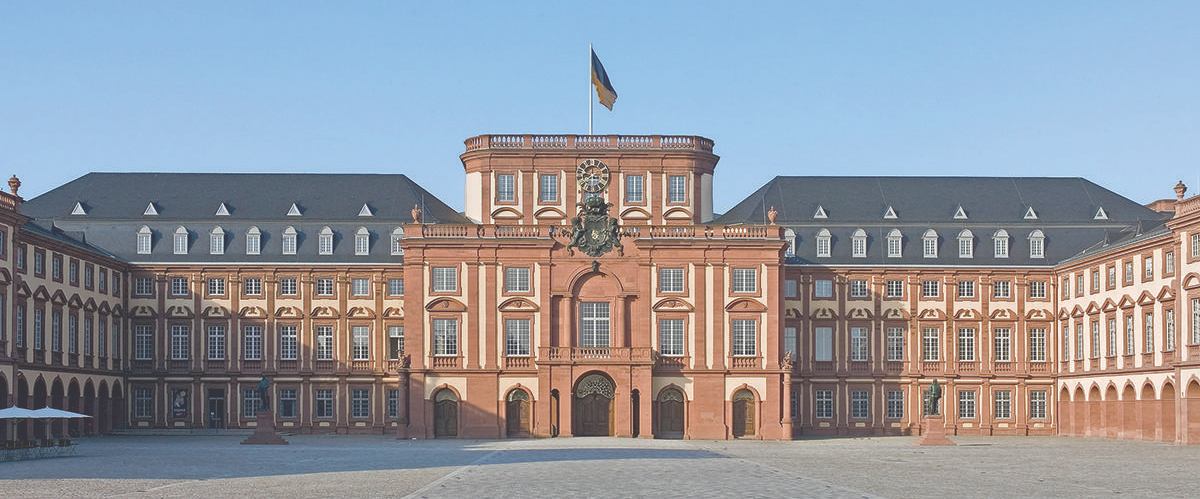






We would like to welcome you to the 2023 biennial EBPS meeting at the Mannheim Baroque Palace. The program includes 4 outstanding plenary speakers (Patricia Janak, Rohini Kuner, Gavan McNally, and Pier Vincenzo Piazza), 27 scientific sessions (4 speakers per session), data blitz sessions of 20 travel awardees, and poster sessions. In addition, there will be a new mentor-mentee program and an Equity Diversity & Inclusion (EDI) panel discussion. There will be plenty of other opportunities to expand your scientific networks, including an opening reception and an organized social event.
Students and post-docs are encouraged to apply for an EBPS Travel Award. Up to 20 Awards will be given at 500 Euros each. If you want to be considered for an award, please upload your resume (CV, 2-page max) and a brief (<150 words) statement regarding your interest and motivation for attending EBPS, through your personal myEBPS2023 area in this website, by April 30. Selections will be made based on the scientific abstract, CV, and statement of interest; priority will be to those from populations that have historically been underrepresented at EBPS.
We are looking forward to seeing you at the meeting.
Rainer Spanagel and members of the Local Organizing committee
Yavin Shaham (EBPS president)
Shelly Flagel (EBPS president-elect)
Certificates of Attendance are available through your personal myEBPS2023 area (myDocs section).
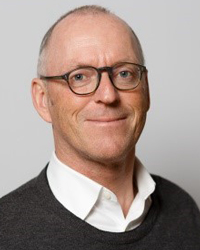
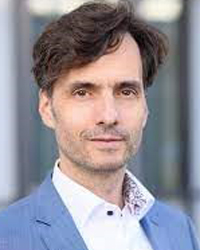

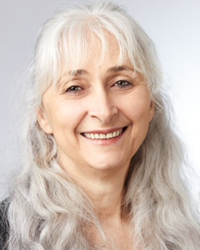

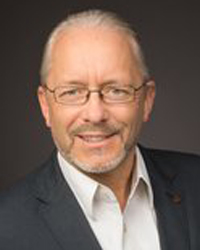
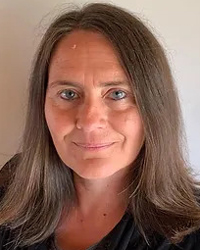
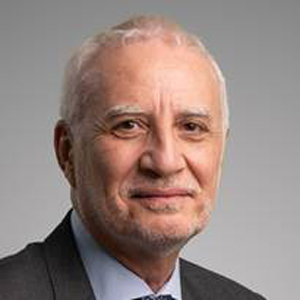

Pier Vincenzo Piazza is an entrepreneur and renowned scientist who has been involved in establishing biotech companies and academic research institutes. He obtained his medical degree with distinction in 1985 from the Faculty of Medicine of the University of Palermo (Italy), where he also obtained a PhD in neuroscience in 1991. He founded and managed INSERM's Neurocentre Magendie for 10 years (2007-2017) and published many scientific articles in top journals, including Science, Nature, Nature Neuroscience, and Journal of Neuroscience. His empirical papers and reviews were cited over 29,000 times (h factor= 88)*. His most significant contribution is the discovery of a new pharmacological class: the signaling-specific inhibitors of the CB1 receptor of the endocannabinoid system (CB1-SSi). For this discovery, he received the Grand Prix de Neurologie de l’Académie des Sciences and the INSERM Grand Prix in 2015, the most prestigious French awards in the neurology and medicine fields. In 2013, he co-founded Aelis Farma and was initially its Chief Scientific Officer, before becoming Chairman and Chief Executive Officer in December 2017. Under his management, Aelis Farma has brought two drug candidates to clinical trials, secured the financing required by the company’s development program, established a network of leading international partners (Columbia University, Yale, NIH-NIDA and IMIM) and secured a major manufacturing partnership. Aelis Farma is publicly traded on Euronext since February 2022.
https://scholar.google.com/citations?hl=fr&user=xtnhQ0wAAAAJ
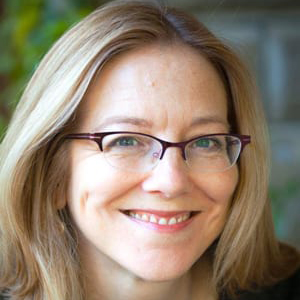

Patricia Janak is a Bloomberg Distinguished Professor at Johns Hopkins University, with appointments in the Department of Psychological and Brain Sciences in the Krieger School of Arts and Sciences and the Department of Neuroscience in the School of Medicine. Dr. Janak earned her Ph.D. from the University of California, Berkeley, and conducted postdoctoral research at the Wake Forest School of Medicine and the National Institute on Drug Abuse, National Institutes of Health. From 1999 to 2014, Dr. Janak was faculty at the University of California, San Francisco where she was the Howard J. Weinberger, M.D., Endowed Chair in Addiction Research at the University of California, San Francisco.
Dr. Janak studies neural processes of reward learning, both under normal conditions and in animal models relevant to substance use disorders. Janak and her laboratory members have pioneered the development of rodent models of alcohol relapse and habitual responding and have made critical discoveries regarding neurochemical and neuroanatomical bases of alcohol intake and relapse. Additional work on dopaminergic systems and limbic-striatal circuits reflects a quest to understand how reward cues are learned and how they then come to shape ongoing behavior. Recent studies focus on how neural processing of reward leads to adaptation in limbic-striatal circuits controlling reward seeking, a question with implications for substance use and eating disorders.
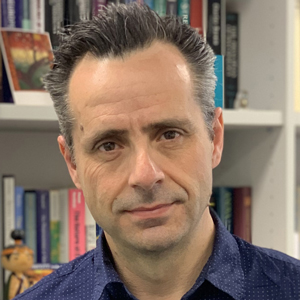

Gavan McNally is Professor of Psychology and Neuroscience at UNSW where he leads the Behavioural Neuroscience Laboratory. His research is concerned with the fundamental psychological and brain mechanisms for learning and motivation, and how these apply to clinical conditions such as addictions and anxiety disorders. This research spans human and non-human animals. He is interested in identifying these mechanisms, at the cellular, circuit, and systems level as well as helping translate this fundamental information into next generation treatments of psychological conditions.


Rohini Kuner is a Professor for Pharmacology and Toxicology and directs the Department of Molecular Pharmacology and Institute of Pharmacology of the Medical Faculty Heidelberg. After studying pharmaceutical biotechnology in India she obtained her doctorate in 1994 at the University of Iowa (USA). She then continued her academic career from 1995 to 1998 as a post-doc at the Centre for Molecular Biology of Heidelberg University and the Heidelberg-based Max Planck Institute for Medical Research. After two years in a research position at a life science company in Heidelberg, she changed in 2000 to the Institute of Pharmacology at Heidelberg University. In the framework of the DFG-funded Emmy Noether programme she established her own, independent research group and earned her habilitation in 2005 at the Medical Faculty Heidelberg. In 2006 Rohini Kuner was appointed to a full professorship for Pharmacology and Toxicology and in 2009 she became the director of the Institute of Pharmacology at the Medical Faculty Heidelberg.
The emphasis of Prof. Kuner's research lies on the molecular mechanisms underlying the chronification of pain and the development of new strategies for pharmacological treatments. She is known for her work on the neurobiological foundations of pain perception, processing and encoding, as well as underlying neuronal plasticity in connection with the emergence of chronic pain. Prof. Kuner has received a host of national and international scientific prizes for her research activities, including the Feldberg Prize in 2018 and the Phoenix Pharma Prize for Pharmacology in 2018. In 2019 she was elected into Leopoldina, the German National Academy of Sciences.